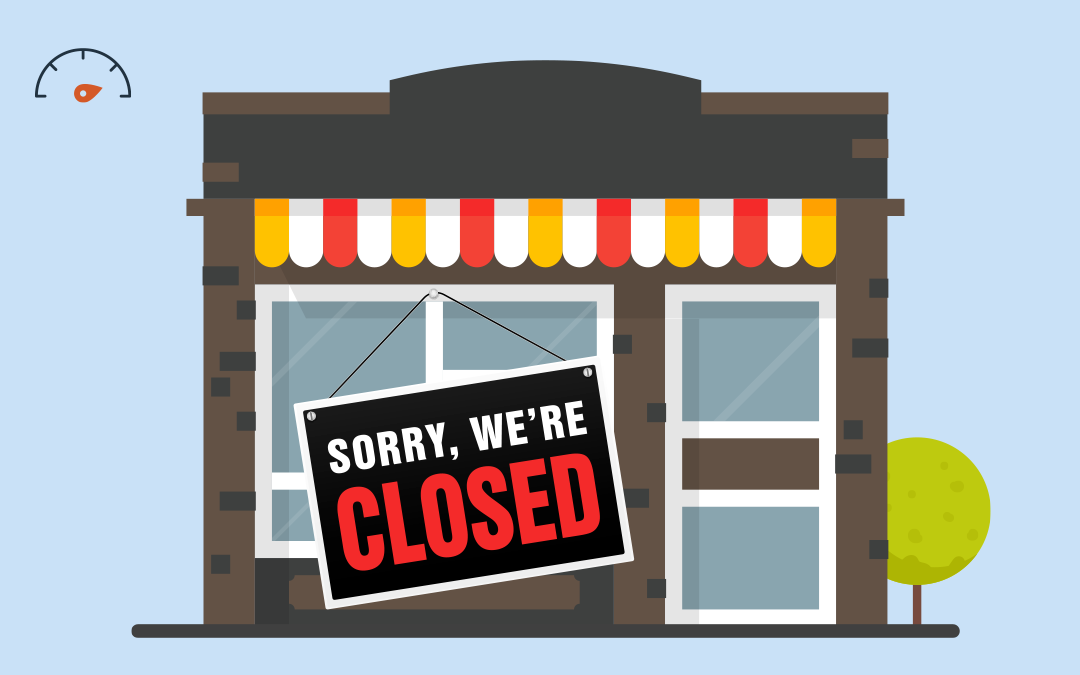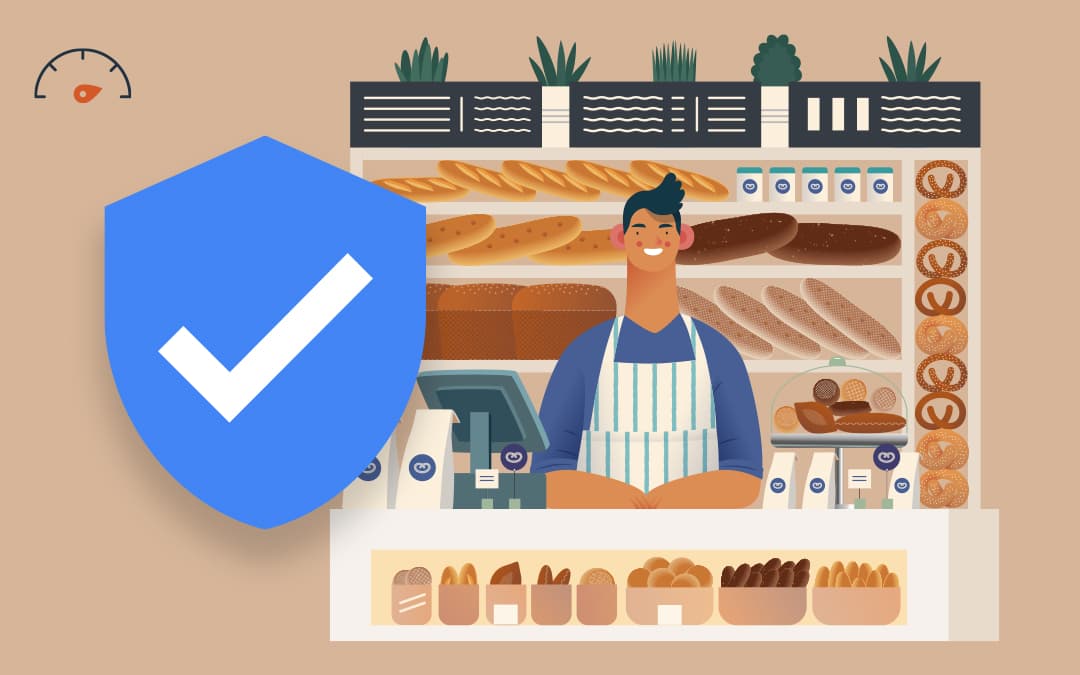Utilizing local search engine optimization is one of the best ways to help your small business show up in relevant local search results in Google and other search engines. But there are a lot of mistakes that business owners can make with local SEO that could potentially hurt the credibility and online presence of their businesses. To keep your business on track with local search, here are 11 common local SEO mistakes to avoid!
Not Setting Up a Google Business Profile Listing
Creating a Google Business Profile (formerly Google My Business) is essential to your local SEO strategy. In fact, almost 96% of local businesses with a Google Business Profile listing are viewed about 25 times per month in search results, which gives you insight into how effective this local listing tool is. If you don’t have a Google Business Profile, you could be missing out on connecting with potential customers online—plus, your business is less likely to show up in Google’s local pack and in Google Maps. This profile is free and easy to set up.
Not Selecting Business Categories
Google Business Profile and other local business directories allow you to choose from a list of relevant business categories to help describe your type of business when setting up local listings. When you’re selecting business categories, think about the products or services your business offers, and find categories that relate to those specific products or services. If you don’t select any categories, search engines may have trouble deciphering when to show your business in relevant local searches.
Using Incorrect or No Keywords
Keywords can be used in your online local business descriptions—as well as throughout your business website content—to help search engines understand what your business does and when they should show you in relevant search results for specific words, phrases, and questions. However, if you use the wrong keywords or no keywords at all, it could lead to your business not being as visible in Google and other search engine results. Conduct keyword research before updating your business listings to ensure you’re using relevant and valuable words that can help connect you with customers searching online.
Lacking Location Keywords
If you aren’t using local-focused keywords, you could be missing out on potential customers who are trying to find businesses in your area. These local keywords typically combine a product or service keyword with a location (e.g., bakery in Dallas), which can then be used in website content or online business descriptions to help Google and other search engines find relevant businesses for search results. When choosing which local keywords to target, it’s important to focus on keywords that are specific to your business and its location.
Listing Incorrect Contact Information
To help customers find your business, you need to add your contact information to local listing directories like Google, Yelp, Yext, and more. Using correct NAP data (i.e., business name, address, and phone number) can help customers find you and contact you easier. However, if you have incorrect local listings, you may not show up in local search results, which can make it harder for customers to find you online.
Missing Local Citations
It’s important to include local citations on your website and popular local business directories like Google Business Profile, Apple Maps, Google Maps, Yelp, Angi, and TripAdvisor. The more local citations you have across major platforms, the more chances you have to get in front of potential customers who are searching for businesses like yours. When you don’t have citations set up across the web, search engines are less likely to display your business in local search results—especially considering that local citations can be a means of showing search engines your business’ authenticity.
Using Duplicate Listings
You may think that creating or having duplicate local business listings will provide more visibility for your business, but that’s not true. In fact, duplicate listings can negatively impact your rank in local search results. When you have multiple listings within the same online business directory, search engines won’t know which one is correct and may show the wrong information about your business. If you see or have created a duplicate business listing anywhere online, it’s important to remove it as quickly as possible.
Ignoring Local Search Ranking Factors
Understanding ranking factors in local search results can help you improve your small business’ visibility in Google. Factors like having a mobile-friendly website and getting more online business reviews are valuable when it comes to outranking your local competitors in organic search results. But if these factors are ignored, you may have more difficulty going up against competitors who do embrace these local SEO tactics.
Not Optimizing Your Website for Mobile
A major local SEO mistake is not having a mobile-friendly website for your business. 96% of the U.S. population owns a cell phone, and more and more people search for local products and services online each year. What this means is that your small business needs a website that’s optimized for mobile devices in order to reach customers. By not having a mobile-responsive site, your business could lose visibility in search engine results and provide a negative user experience for customers who find your website online.
Neglecting Customer Reviews
Customers look at online reviews when they research businesses and are more likely to click on businesses with star ratings, so it’s crucial to have reviews of your business in online directories. Google reviews in particular can have an impact on your search engine visibility, as those reviews are associated with your Google Business Profile, meaning Google looks at them when determining rank in its local search results. Businesses with higher star ratings and more positive reviews typically rank better than those without. But simply having ratings and reviews aren’t the only things considered—timely responses to reviews help, too.
Not Using Social Media
Your business should use social media to supplement local SEO efforts and connect with customers. Social media platforms like Facebook even provide citation-building opportunities, so make sure your business name, address, phone number, URL, and categories are consistent with other local listings. Doing so can be a signal to search engines that your business is credible and trustworthy. Social media can also make your content more visible online, helping your business get more exposure. Try to share high-quality content that’s personalized to your business regularly to show customers and search engines that your business is active.
Does your small business need local search optimization help? Local Search Fuel was specifically designed to help small businesses improve online visibility and gain new local customers through local SEO. Sign up today!



